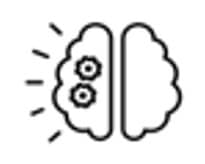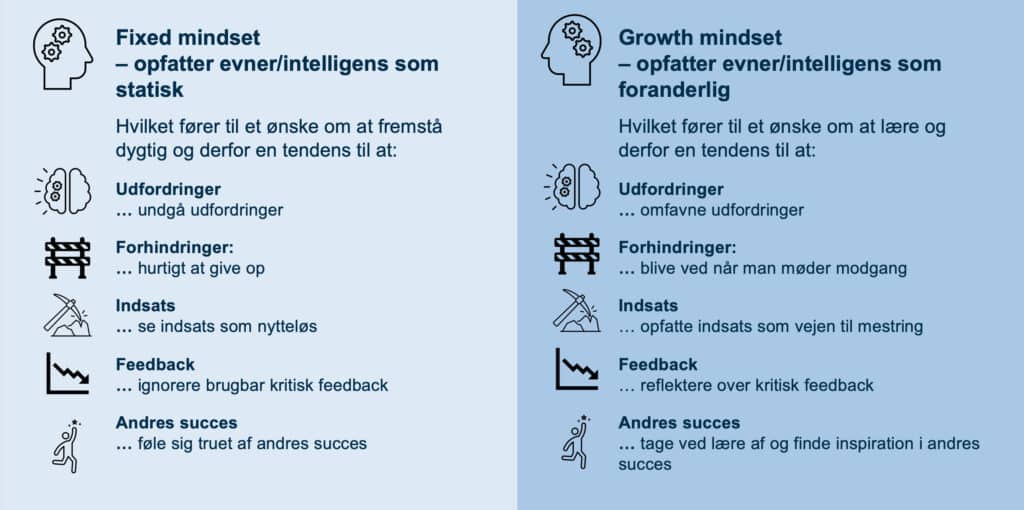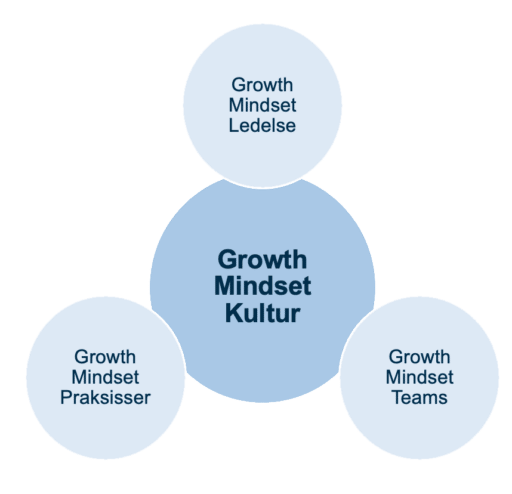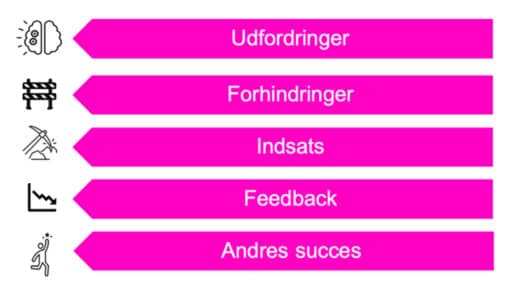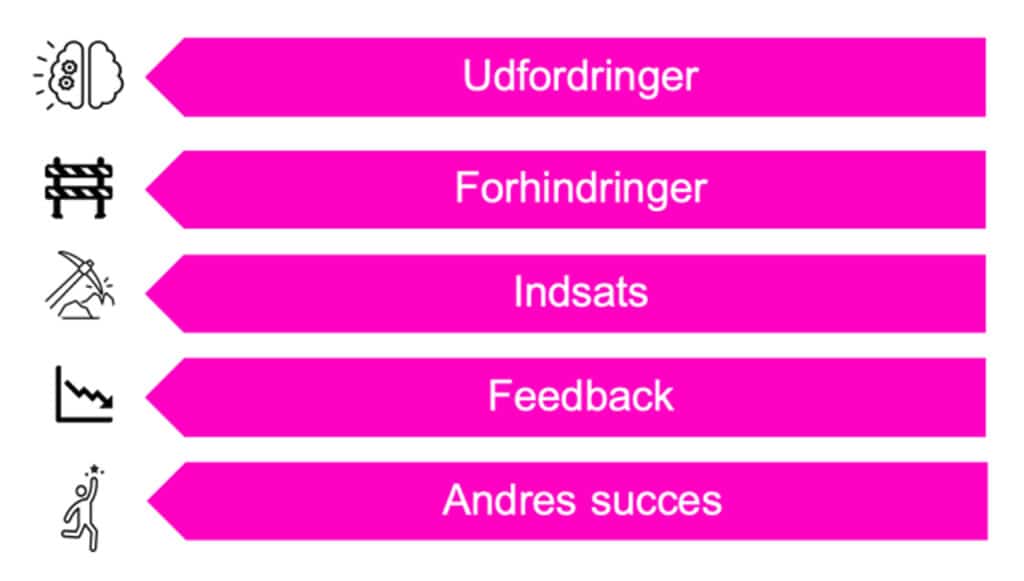
How does a growth mindset shape our behavior?
Our mindset has a huge impact on how we think and, more importantly, how we act. Whether we see abilities as fixed or changeable has an impact on how we act in work contexts - especially when facing challenges or receiving critical feedback from others. People with a fixed mindset perceive abilities as statistical, which leads to a desire to appear capable at all costs. Conversely, people with a growth mindset see abilities as changeable, leading to a desire to learn. These two fundamentally different ways of viewing ability affect our behavior in five areas in particular.

